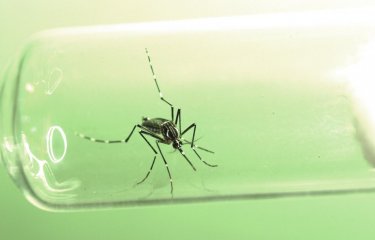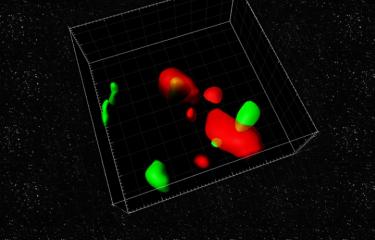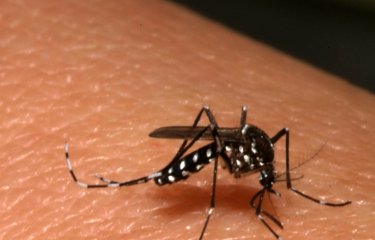New insights on how subunits of the influenza virus polymerase co-evolve to ensure efficient viral RNA replication are provided by a study published October 3 in the PLOS Pathogens journal, by researchers from the Institut Pasteur and the CNRS (French National Center for Scientific Research). As the authors note, the findings could lead to novel strategies for antiviral drug development.
Because of their yearly recurrence and the potential emergence of pandemic viruses, influenza viruses represent a worldwide major public health threat. Enhancing fundamental knowledge about the RNA-polymerase of influenza viruses, which is an enzyme that consists of three subunits (i.e., a heterotrimer) and ensures transcription and replication of the viral genome, is essential to reach the goal of better prevention and treatment of disease.
In the new study, Naffakh and colleagues gained new insights into viral polymerase function. They showed that the polymerase subunits co-evolve to ensure not only optimal inter-subunit cooperation within the heterotrimer, but also proper levels dimerization - the process by which pairs of heterotrimers attach together -- which appears to be essential for efficient viral RNA replication. Their observations reveal that influenza polymerase dimerization as a feature that can restrict the reassortment of genomic viral RNA segments, a major evolutionary mechanism of influenza viruses, and could become an attractive target for antiviral drug development.
Source
Influenza virus polymerase subunits co-evolve to ensure proper levels of dimerization of the heterotrimer, PLoS Pathogens, October 3, 2019
Kuang-Yu Chen1,2, Emmanuel Dos Santos Afonso1¤, Vincent Enouf ID 1,2,3,4, Catherine Isel ID 1,2‡, Nadia Naffakh ID 1,2‡*
1. Unité de Génétique Moléculaire des Virus à ARN, Institut Pasteur, UMR 3569 CNRS, Paris, France
2. Unité de Génétique Moléculaire des Virus à ARN, Université Paris-Diderot, Sorbonne Paris Cité, Paris, France
3. Unité de Génétique Moléculaire des Virus à ARN, Centre national de référence des Virus des Infections Respiratoires, Institut Pasteur, Paris, France
4. Pasteur International Bioresources network (PIBnet), Plateforme de Microbiologie Mutualisée (P2M), Institut Pasteur, Paris, France





